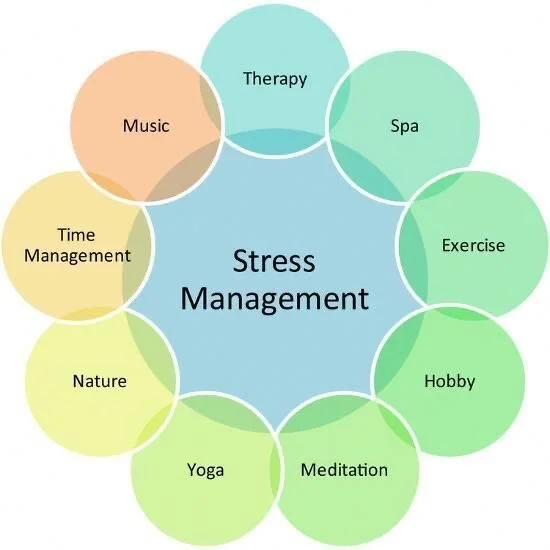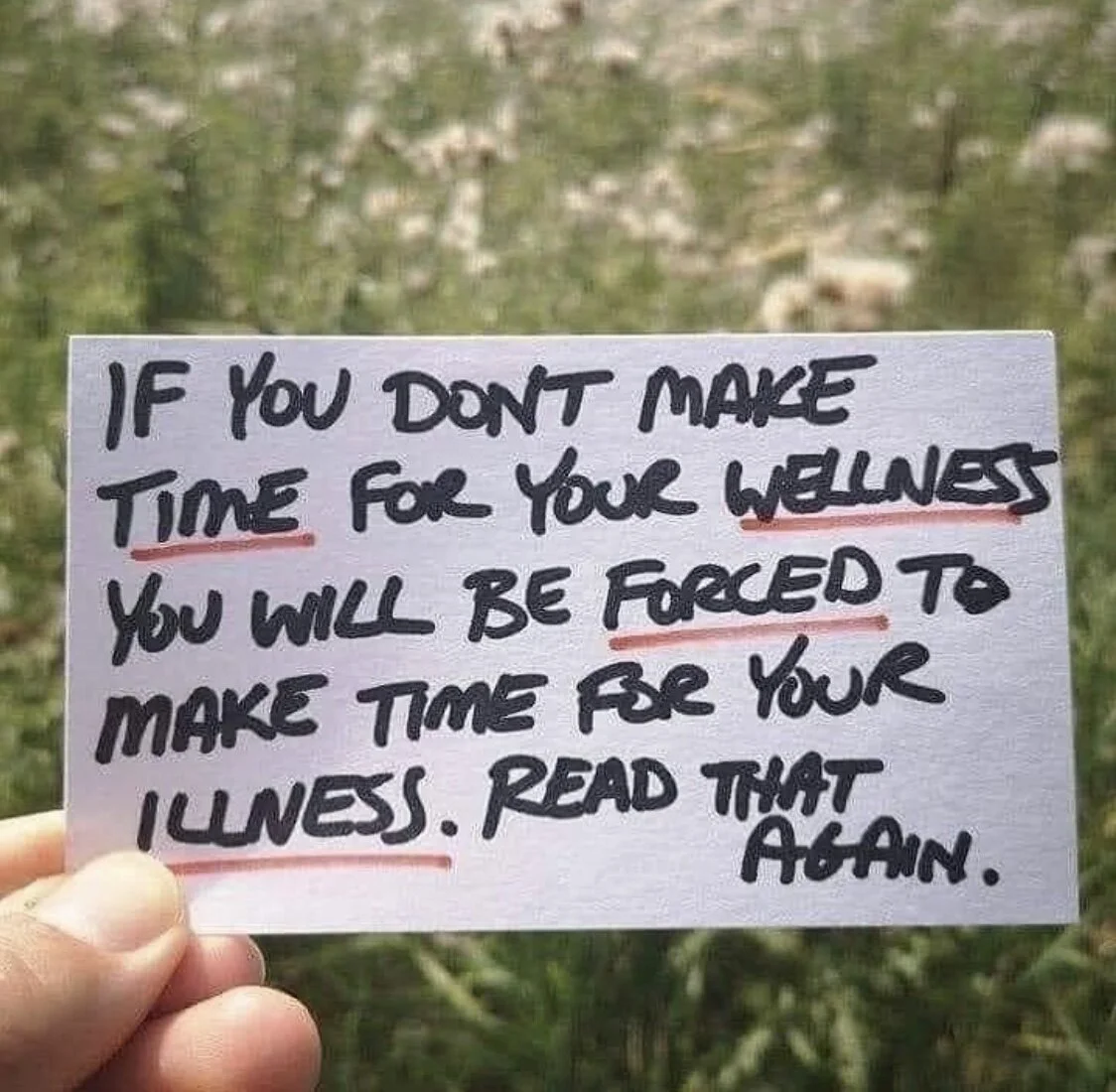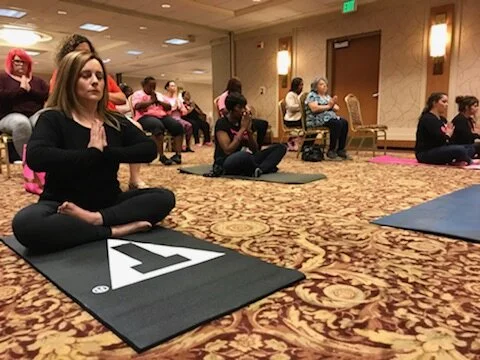Positive thinking fosters self-acceptance which builds self confidence and reduces anxiety.
Improving Mental and Emotional Well Being During Covid 19
Coping with Heavy Emotions During Covid
As humans we have an intrinsic need for connection and acceptance. Beyond our basic needs of food, water, and safety Maslow categorized belongingness and love as the third most important level on the hierarchy of needs. Covid has been a trying time for all of us with social isolation, home schooling in many cases- and moms doubling as “teachers”, working from home, and new ways of life. There has been a rise of depression and mental illness as well as an increase in violence. Before the outbreak of Corona Virus, in 2018 Cigna did a National survey that showed “ loneliness levels had reached an all time high, with nearly 20,000 U.S. adults reporting they sometimes or always feel alone.” Imagine what those numbers must be now. We, as a society, are suffering not only the physical effects of covid, but we will see long term impacts from mental and emotional instability as well.
According to Meta-analysis co-author Julianne Holt-Lundstad, PHD, a professor of psychology and neuroscience at BrighamYoung University, “ Lack of social connection heightens health risks as much as smoking 15 cigarettes a day or heavy alcohol use disorder. She has also found loneliness and social isolation are twice as harmful to physical and mental health as obesity. ( Perspectives on Psychological Science, Vol 10, No. 2, 2015) On the plus side, there are things that we can do to help improve our mental and emotional well being.
These are all great ways to cope with and reduce stress and regulate emotions as well as vision boards, journaling, and anything positive you find that works for you.
Six Ways to Improve Mental & Emotional Well Being
Take care of your emotional health * (see list of ways below)
Take Care of your Physical Health ( eat well, move often, sleep well, avoid caffeine and alcohol)
Connect with others: despite social isolation we can still stay connected via FaceTime, phone calls, video chats, zoom calls, and outdoor visits with social distancing
Take time to unwind, try new hobby and activities, and incorporate relaxation techniques like meditation or yoga
Avoid too much exposure to the news. Stay informed and educated without letting it become upsetting.
Seek help when needed from a coach, therapist, clergy member, doctor, or contact SAMHSA helpline 1-800-985-5990 ( Substance Abuse and Mental Health Services Administration Disaster Distress Hotline)
We hear more about caring for our physical bodies, which is super important, but very few of us are taught how to process and regulate our emotions. We are taught how to think in school, but our emotions often get overlooked, and we are not taught how to feel or how to express our feelings constructively. So as a result we are seeing more depression, more suicide, higher rates of alcohol and drug abuse, more domestic violence and higher rates of gun violence. Beneath every behavior there is a feeling, and beneath every feeling, is an innate need. When we can identify that innate need we can find solutions and begin to heal rather than create more pain and destruction.
Yoga taught me to truly find connection between my body, mind and soul. It was time in between each posture when I would feel my own body and tune into my inner child. I gained awareness on the mat that eventually followed me off the mat and into my daily life. Yoga is more than a physical practice for me. “Yoga is the journey of the self, through the self to the self,” -the Bhagavad Gita. For me it is the perfect way to improve both the physical, mental, and emotional well being all at the same time. I understand that not everyone chooses to practice yoga, so I am offering other alternatives to help improve mental and emotional well being in todays blog.
Ways to improve Emotional Well Being
Be aware of your emotions and reactions to them. Allow others to feel they way they feel by being an active listener free from judgement.
Express your feelings constructively and try to observe free from judgement.
Practice the pause, breathe, and then think before responding rather than reacting harshly.
Manage your stress by practicing self care and prioritizing what needs to be done. Say no when necessary.
Take care of your physical health by sleeping well, eating well, and moving your body.
Stay connected with friends and family.
Find and follow your purpose. Having a sense of purpose adds meaning to our lives and we are far less likely to numb out and far more likely to succeed.
Practice gratitude. Not everyday is good but there is something good in every day.
You can meditate on the floor, in a chair, sitting up, or laying down. Just begin by sitting comfortably, closing your eyes and connecting with your breath. Breathing in through your nose and out through your nose. Begin to let go of all the busy thoughts of the day and week. If any thoughts pop into mind, it’s ok acknowledge them and set them aside for later, return your concentration back to your breath. Relax your shoulders. feel your breath begin to naturally slow. It may take practice like all things in life, but it is worth it. There are many types of meditation, so do some research and find the style that resonates with you. ( Image is Libby’s corporate class in Pittsburg, Pa.)
Great Britain and Australia are both being incredibly proactive and deserve a round of applause for the work they are doing to move the mental health system away from being crisis driven and actively toward prevention, early intervention and care in the community. I have become Instagram friends with wonderful people all over the world, another great way to connect, and it is truly inspiring to hear about the global movement to improve mental well-being! I was especially impressed with and would like to offer a shout out to my friends at euda.co for their work in Corporate Wellbeing. They offer a platform unlike anything I have seen before where they offer employees access to free online guided meditations as well as access to a personal wellness consulting. There are also guided meditation apps like Headspace, Insight Timer, and Calm that are available to the general public. Deepak Chopra, in his book Perfect Health says, with just a few minutes of meditation a day, “There were 87% fewer admissions to hospitals for heart disease were seen and 55% fewer admissions for benign and malignant tumors of all types. No one has seen reductions like this with use of conventional prevention techniques.” So get connected on social media, as well as locally, broaden your mindset, try meditation, and work to prioritize your mental and emotional well being.
Finally I will offer my personal philosophy to you that I developed through my yoga practice which is awareness, acceptance, and forgiveness first of ourselves and then of others. When we live in this way we surrender control and remember that when we live in alignment with our authentic life everything will just feel right. The stress will naturally fade away because you will care less about the opinions of others and more about what feels right in your body, mind, and soul. You will begin to let go of those who no longer serve you and you will attract those who support your highest well being. I hope this awakens, inspires, and empowers you to live the life you love. You were born to be joyful and you have a unique gift to share with this world. Let no one dim your light, even in these dark trying times.
Peace, Light, & Love,
Libby





